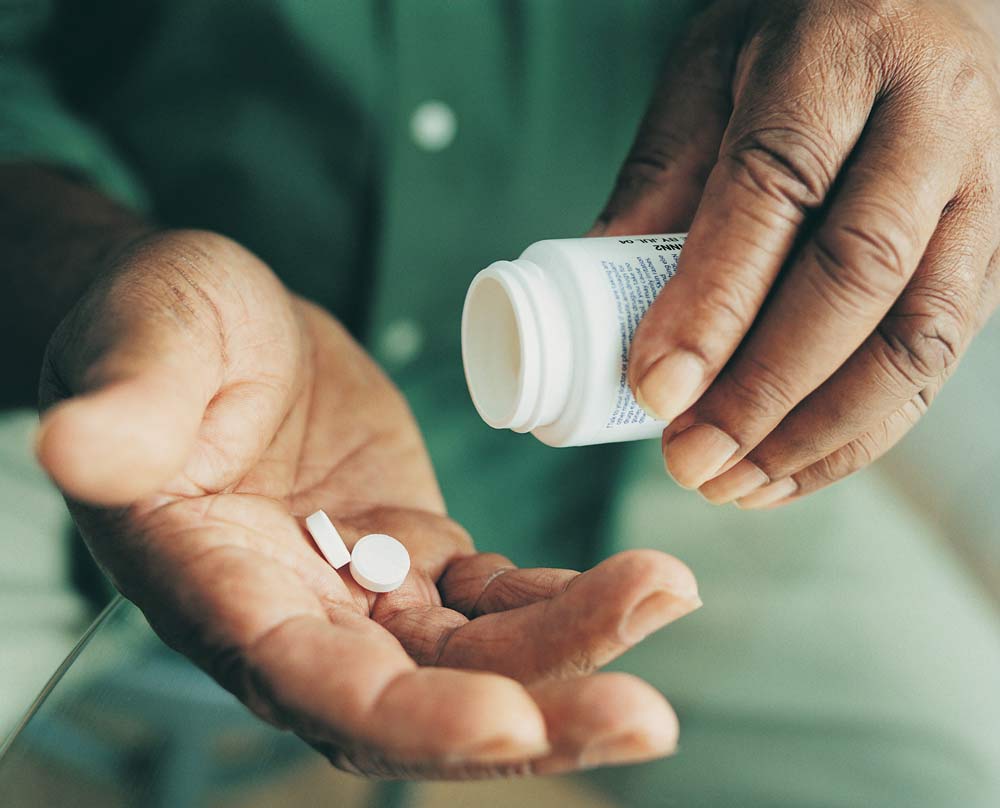When to take Tylenol or Advil
In the “war” between Tylenol (Acetaminophen) and Advil (Ibuprofen ) for pain relief, many studies have been done on which is “better”. Both the Cleveland Clinic and Harvard Medical School have done studies and reported that it all depends on what you want relieved. To make it easier, it is reported that Tylenol works better for things like headaches and arthritis, while you’re better off with Advil for things like fever, pain and inflammation.
Although both medications are considered to be safe, taking too much of either at once, or prolonged use, can have serious side effects. Though Tylenol’s side effects are minimal, too much Tylenol can be damaging to your liver (and it may be permanent). Prolonged use of Advil can lead to kidney damage, heart attack and stroke. It also can give you severe stomach bleeding (as in ulcers), heartburn, gastrointestinal upset and/or constipation.
Acetaminophen (Tylenol) is present in over 150 other products, including cough medicines and sleep aids. Always check labels for acetaminophen or APAP to avoid overdose. The new daily limit is 3,250 mg. of acetaminophen, which is 6 extra strength or 10 regular pills. If acetaminophen is present in other products you take, remember to add that into your daily amount. It should not be taken if you have three or more alcoholic drinks a day.
Ibuprofen (Advil) should be avoided before and after heart surgery and should not be used if you have an allergy to aspirin, naproxen (Aleve) or other NSAIDs. The risk of bleeding is increased for those over age 60 and for people with ulcers. The risk of stomach upset is less common. It is also not recommended to take these anti-inflammatories after bone / spine surgery as it is suspected it slows down bone growth and bone healing.
If you need an analgesic often (like for treating a high fever or chronic pain), experts advise alternating doses of Tylenol and Advil, which can minimize side effects while providing greater relief.
And of course, if you experience any type of allergic reaction, stop taking the medication and seek immediate help.
Last modified: December 11, 2020










